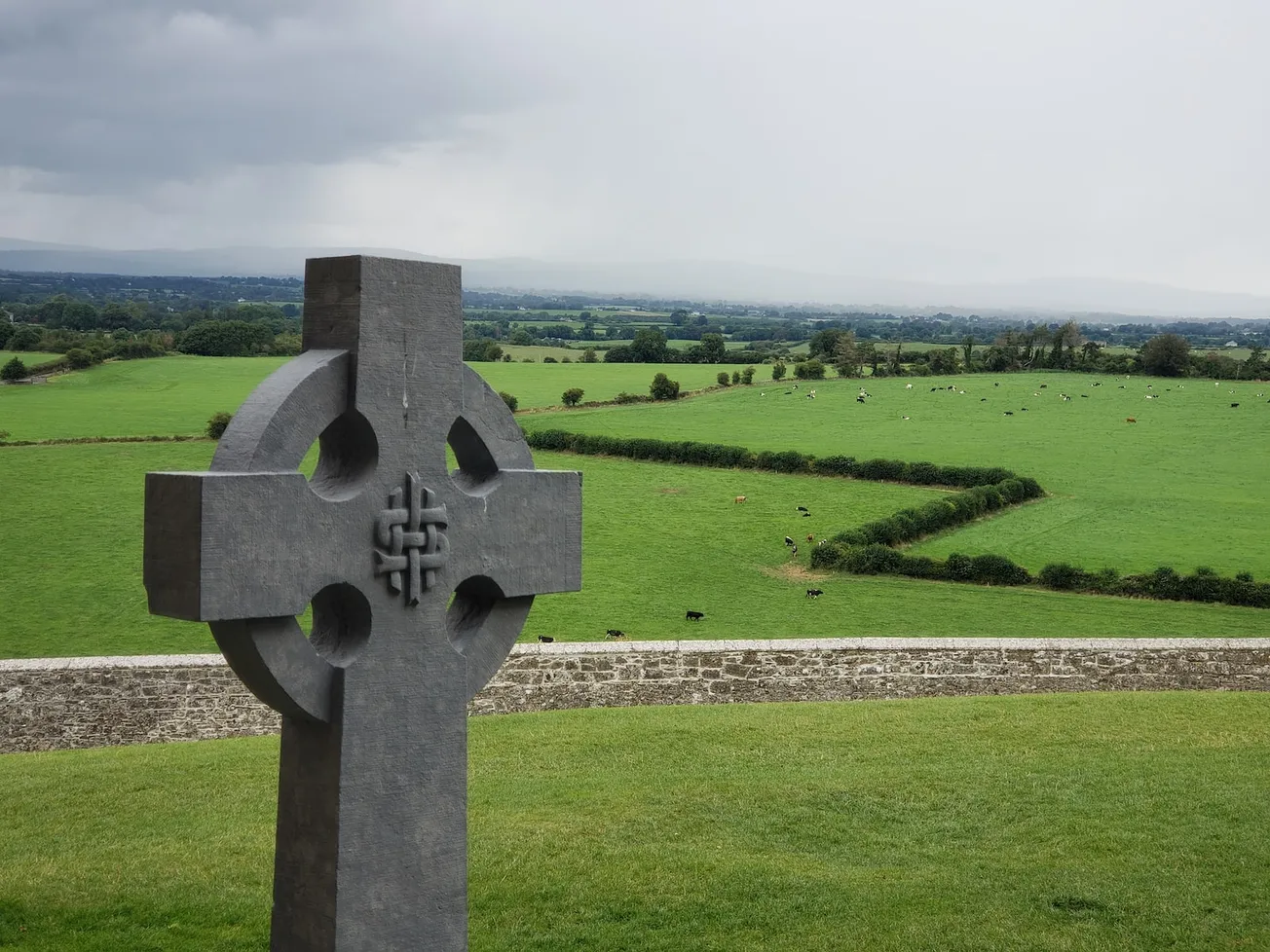Phil Green
While the tide of events in our fair land appears to favour the separatists, with the full force of government changing the language to suit the conquering tide of history (see any government website), it’s as well to consider another country’s grapple with unshackling themselves from colonialist rule.
Not South Africa, Zimbabwe/Rhodesia, Kenya or the usual suspects of colonial rule, but Ireland.
Being a “normal,” young male of the ’70s and ’80s, and having a grandmother who lived through the 1916 Irish rebellion (or Easter rising), I was excited and enthralled by the gallant deeds of those Irish volunteers who socked it to the British Empire over 100 years ago. Further, I was somehow morbidly fascinated by the executions of the 16 leaders, whose early demise eventually brought Irish sympathy in line with the leaders of this forlorn enterprise.
The film “Michael Collins” in the late 1990s encapsulated everything that I thought was great and exciting about Irish independence and bad about Great Britain. He was indeed a great man, yet I now consider him somewhat misguided; though that’s another article on its own.
But then, after a year of reading the comments and articles in the BFD and doing my own research, I started to take a different perspective. I’ve read many books about this time in Irish history and watched too many documentaries to count, and there is a vital synergy with what’s happening now in New Zealand.
With regard to the Irish situation, the facts are plain to see. There’s been bad blood between Britain and Ireland for centuries. There are oodles of, ‘they did this and we did that’ and, like the Palestine/Israel situation, it’s an impasse which becomes more entrenched with each ensuing atrocity.
My simple point is that at the time of the anticipated Easter rising/rebellion in 1916, the general populace of Dublin was living in an abundant, Western democracy with representation at Westminster. There were slums and poor in Ireland, but poverty wasn’t an invention of the British. Of course, there are many who claim that it was.
Other than the usurping of British rule in Ireland, the desire of Irish revolutionaries was to reignite the formation of the Irish/Gaelic culture in Ireland. Sound familiar? Following the eventual success of the Irish republicans in expelling the British in 1922, (probably more by the British distaste of bad public opinion than actual damage the republicans had achieved), the Irish parliament was free to inculcate their cultural programme, and Gaelic became compulsory learning from the late 1920s.
Despite all the great theories of Irish nationalists about Gaelic culture, my Irish grandmother (deceased), mother, aunties, uncles and cousins speak not a word of Gaelic today.
But during the great and heroic Easter rebellion of 1916 hundreds of British soldiers were killed, along with hundreds of Dublin civilians, as unwitting sacrificial lambs to the improvement of their lives from not being under the boot of colonialist rule. Their families wouldn’t agree.
I no longer think of this period in Irish history as heroic, but as a sad misadventure which has all the hallmarks of being repeated here in New Zealand, where too much time is given to chasing shadows, rather than appreciating the beauty of what we have.










